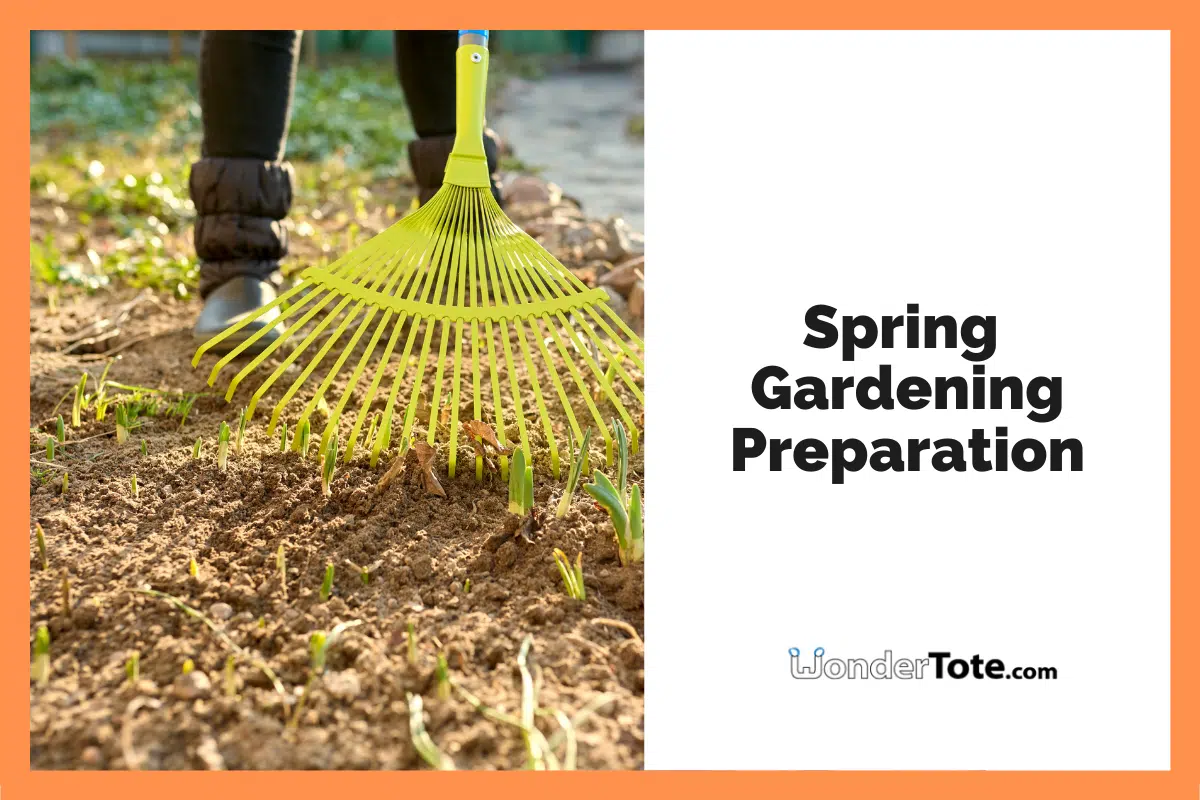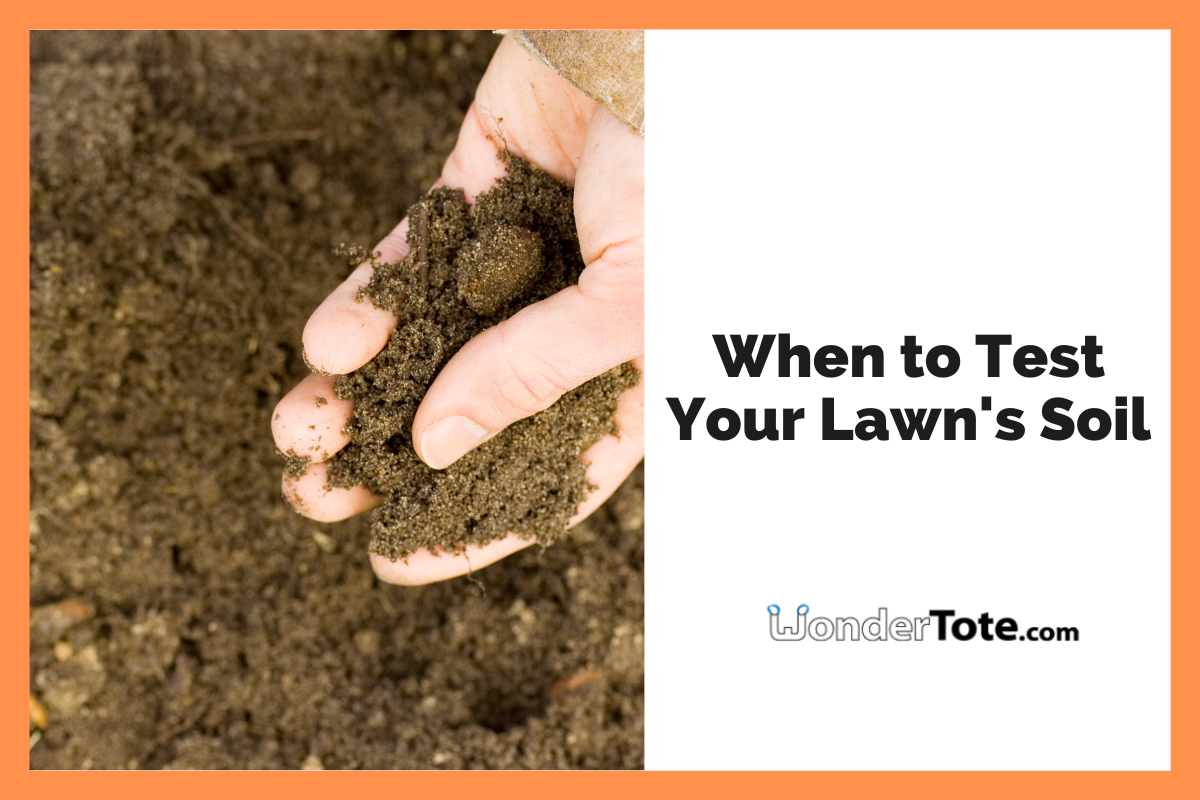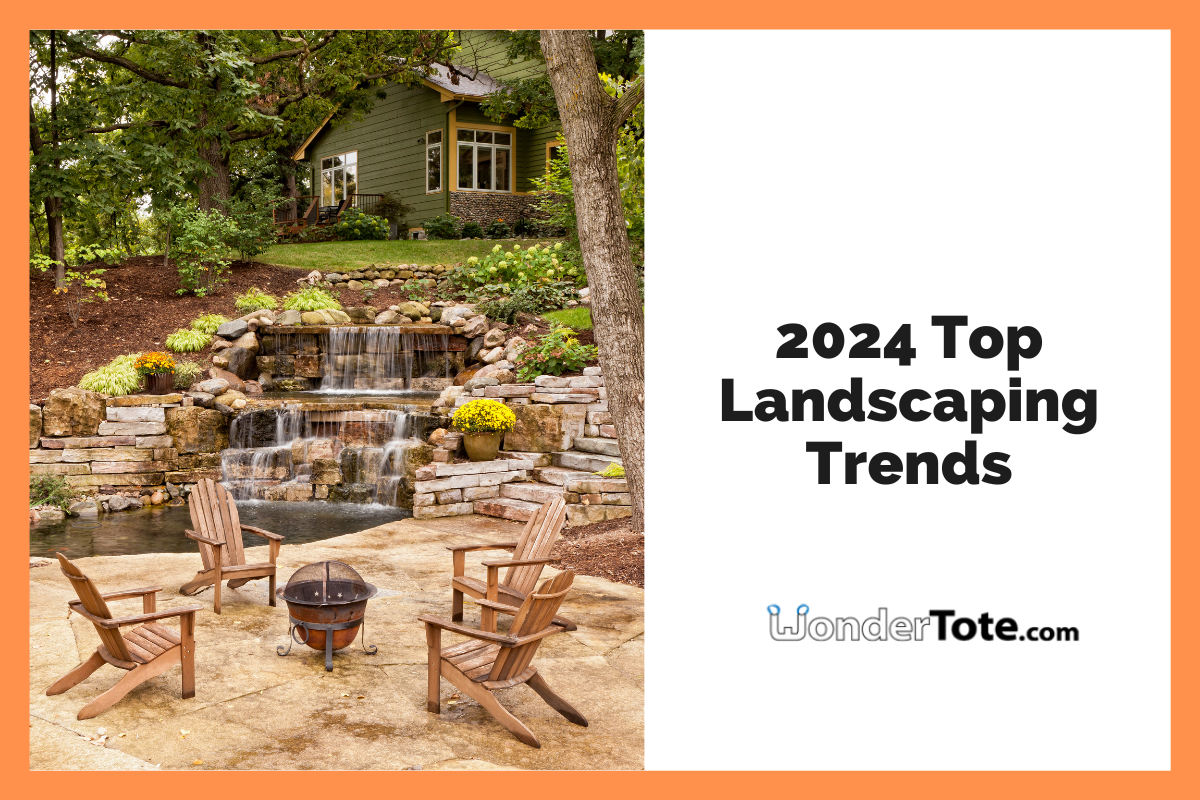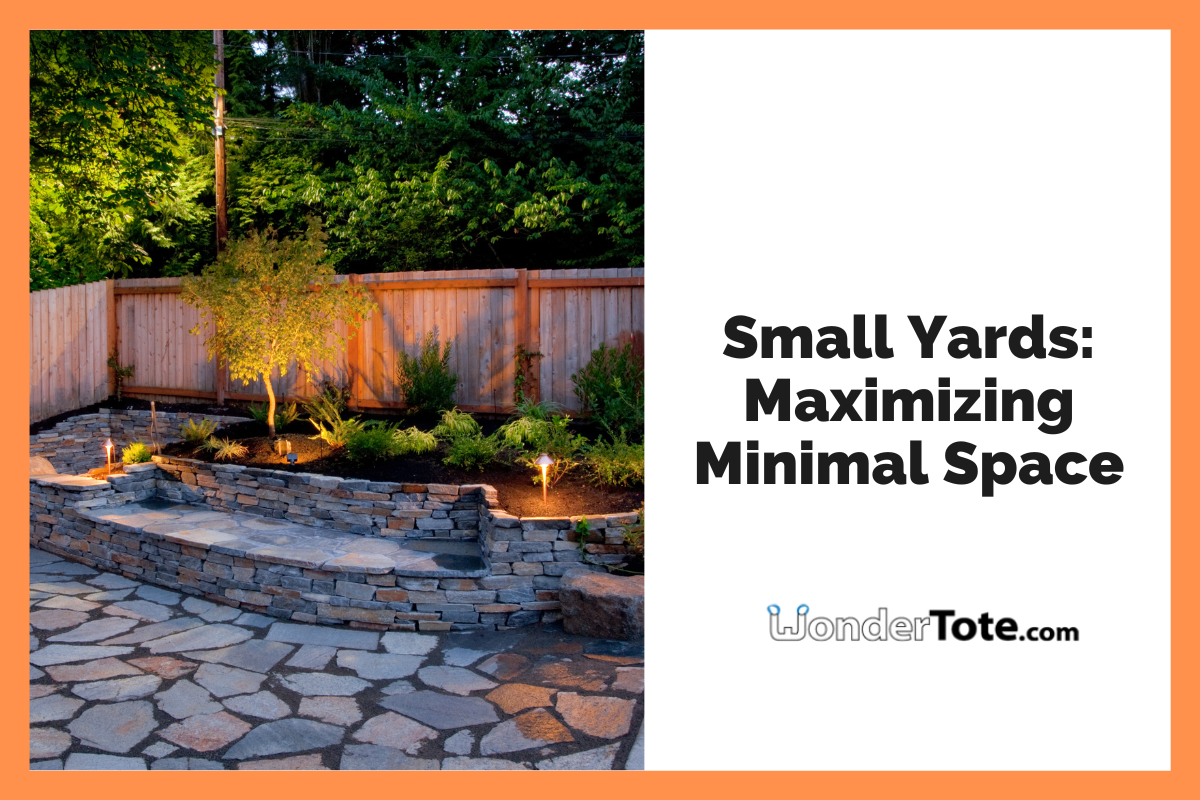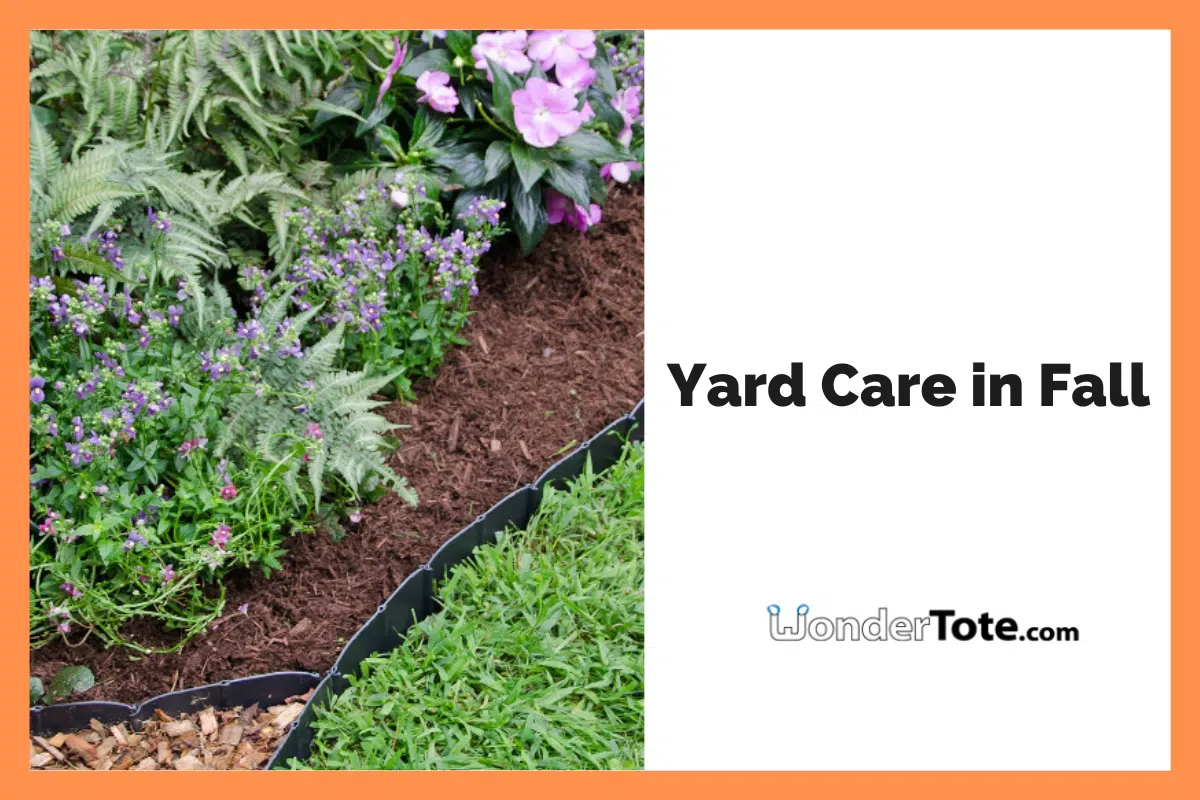Spring is just around the corner, and many people are getting ready to start gardening. What better time than the onset of spring to put on rubber gloves and leverage all the pent-up energy from winters?
The thought of eating freshly-picked tomatoes from the backyard or catching whiffs of floral scent makes spring gardening even more worthwhile. And spring gardening is a great activity to do with friends, family, and kids! You’ll need to start planting now to enjoy the summer’s harvest.
Whether you’re an experienced gardener or not, there are many things you can do this spring to get your garden ready for planting. Here’s how you can lay the groundwork for spring gardening in just seven steps.
Get your supplies ready
Before starting your gardening project, you’ll need to gather the necessary supplies. Get containers, soil, fertilizer, plants, and more. Also, make sure your gardening tools are ready. For starters, sharpen the edges of trowels, shovels, and hoes. Then, add a penetrating oil to remove and prevent corrosion.
Plus, you may need mulch, soil amendments, or pre-assembled structures, such as garden mix, compost, or soil enhancer. Consult companies offering gardening supplies in Calgary and stock up all the requisites to avoid facing trouble later on.
Prepare your compost system
One way you can cut costs on fertilizer is by setting up your compost system. But how do your prepare compost? Well, think about kitchen scraps, yard trimmings, and garden material.
It is good to choose a compost system based on your garden size and the plant material you’ll be adding to it. Vermicomposting/tumbler-style bins are suited to smaller gardens, while the three-bin system works for the larger ones.
Clear the gardening space
It’s essential to clear out weeds, mulch, and debris before planting. Make sure there’s nothing left behind that could hamper the growth of plants. You can toss dead organic matter in the compost bin, leave behind well-composted mulch, and rake away fresh mulch.
Any living weed that goes unnoticed could risk your plants’ growth. That’s why you must remove weeds, fallen branches, and remnants of dead plants from your garden.
Prepare the soil
It’s vital to prepare the garden bed before you plant anything. You must check if the garden soil is dry enough to be worked. You’ll want to make sure that the soil is light, loose, and well-draining.
It is good to loosen up the soil by working it (with a tiller or spade) to a depth of 12-14 inches. Plus, consider adding organic matter to the soil, such as compost and leaves.
Next, consider these soil tips:
- Check the pH level of your soil and make up for any missing nutrients using fertilizer
- Ensure the soil texture has the right balance of clay, silt, and sand.
- Add soil amendment and 1-2 inches of compost layer to enhance soil fertility
Suppose you feel the garden soil is not suitable. In that case, you can always get soil delivery in Calgary to ensure smooth and healthy plant growth.
Bring out landscaping supplies
Do you have substandard soil quality? Or maybe you don’t have a garden? Now’s the time to build a raised flowerbed! Besides allowing the possibility of different soil types, a raised bed has better drainage and improves ease of management.
Also, if you want to enhance your garden’s aesthetics, you might want to use shepherd’s hooks, window boxes, or washed rocks.
Transplant seedlings
Many plants can get a head start in growth if you germinate their seeds indoors and transplant them later outside.
Follow these steps to transplant correctly:
- Plant seeds in the starting trays (follow the instructions on packets)
- Place the seeds in a warm room with ample lighting
- Keep the soil moist during germination
- Switch seedlings between outdoor and indoor locations, increasing outdoor exposure gradually.
These steps will ensure the seedlings “harden off” and adapt to the outdoor conditions in small steps.
Apply mulch
Once the seedlings take a grip in the garden soil, apply layers of mulch. Mulching helps keep weed formation at bay. We recommend you start mulching early and keep doing it regularly to stop weeds from sprouting.

